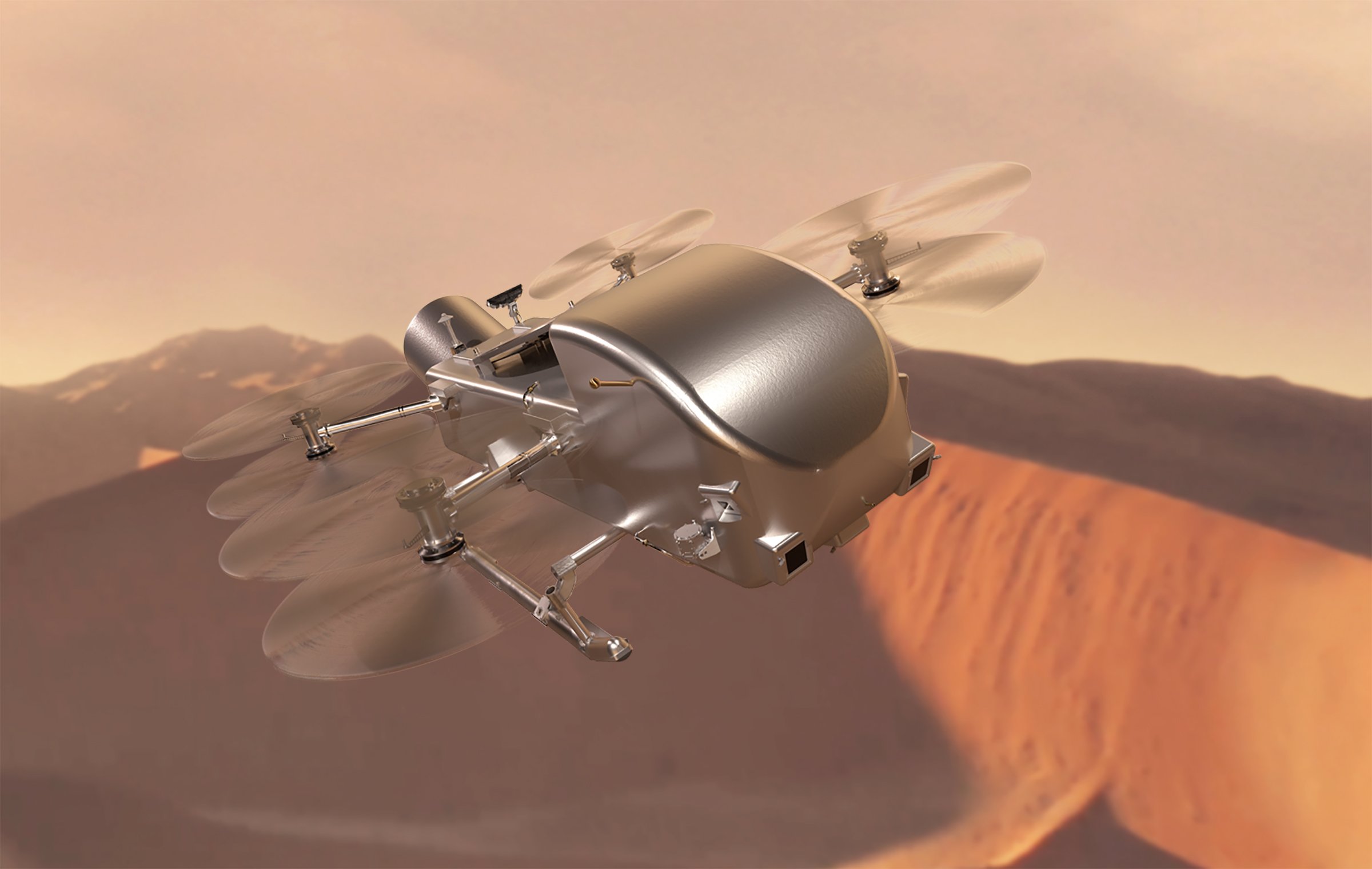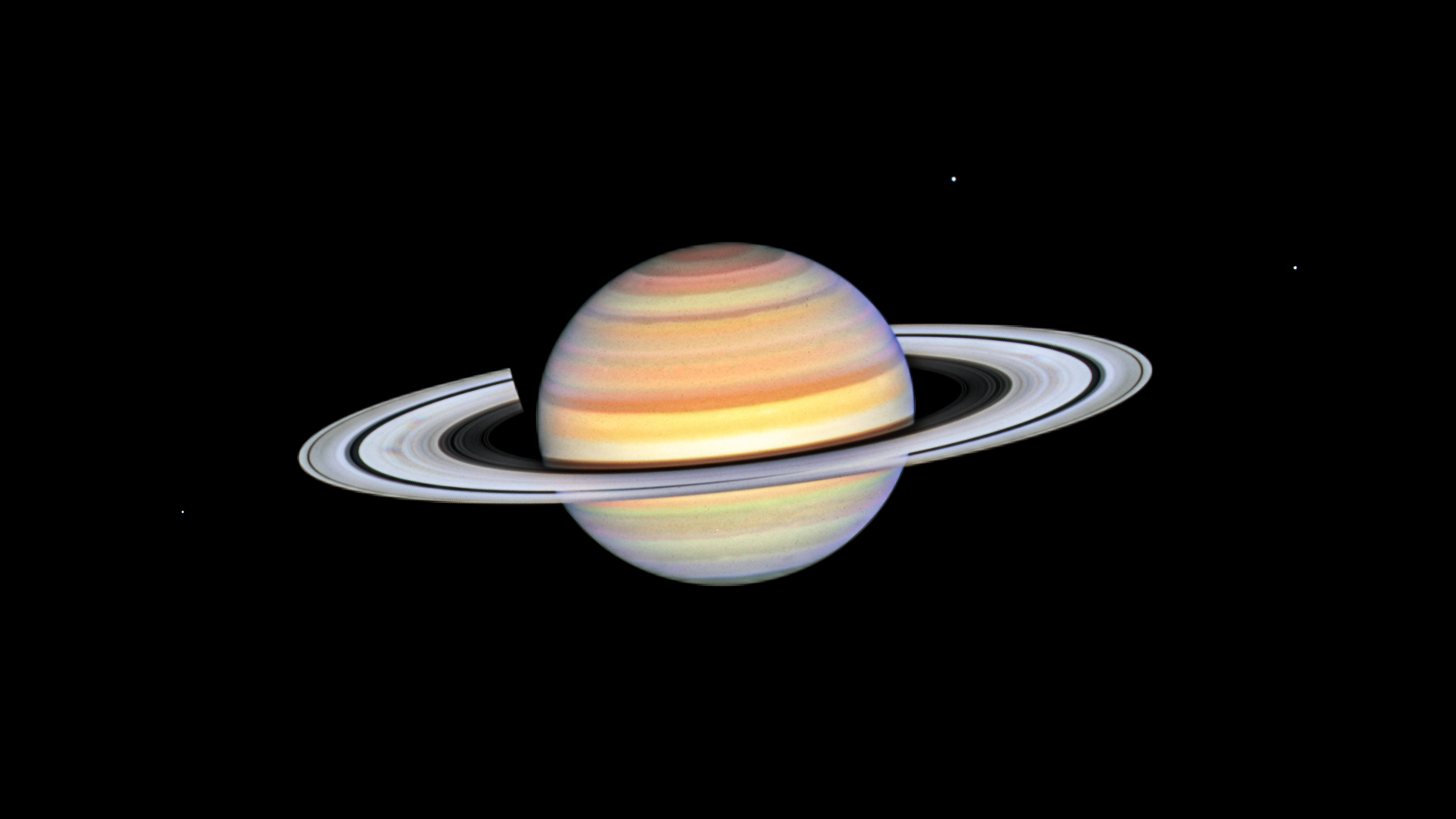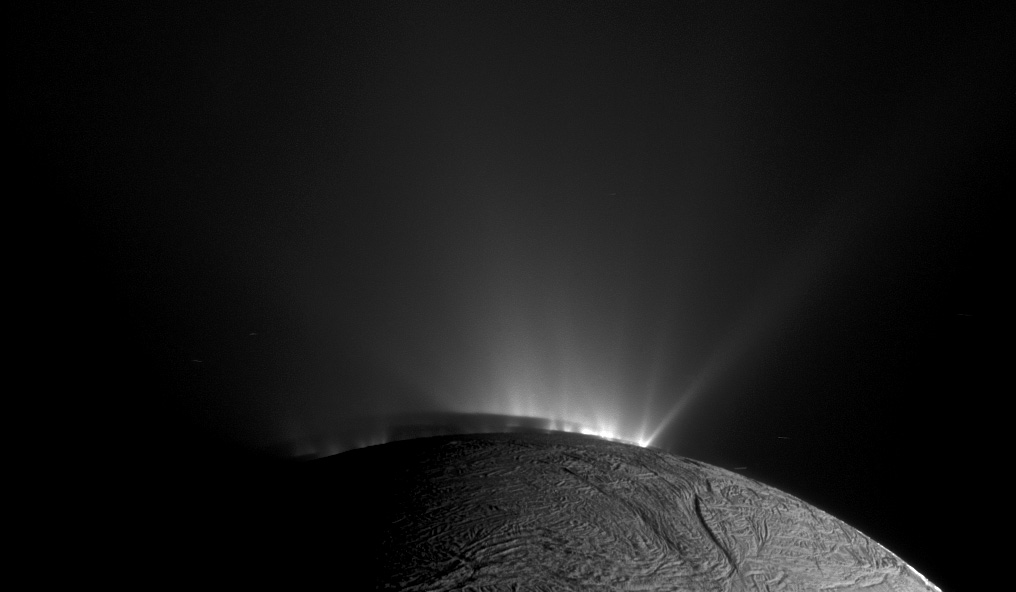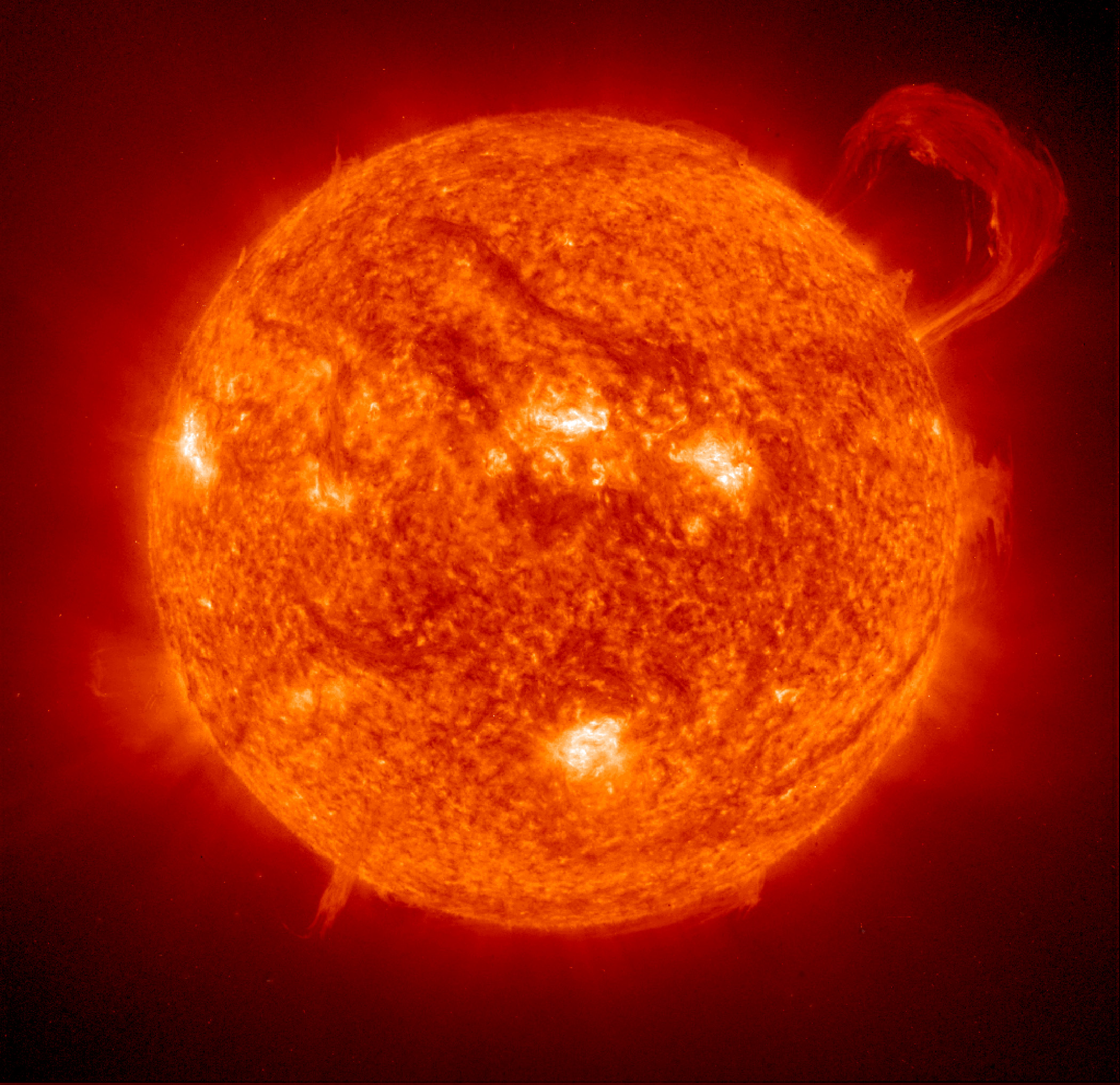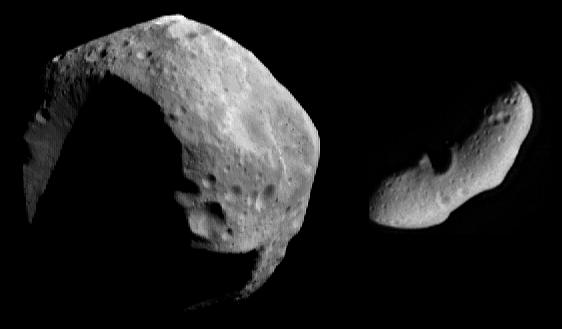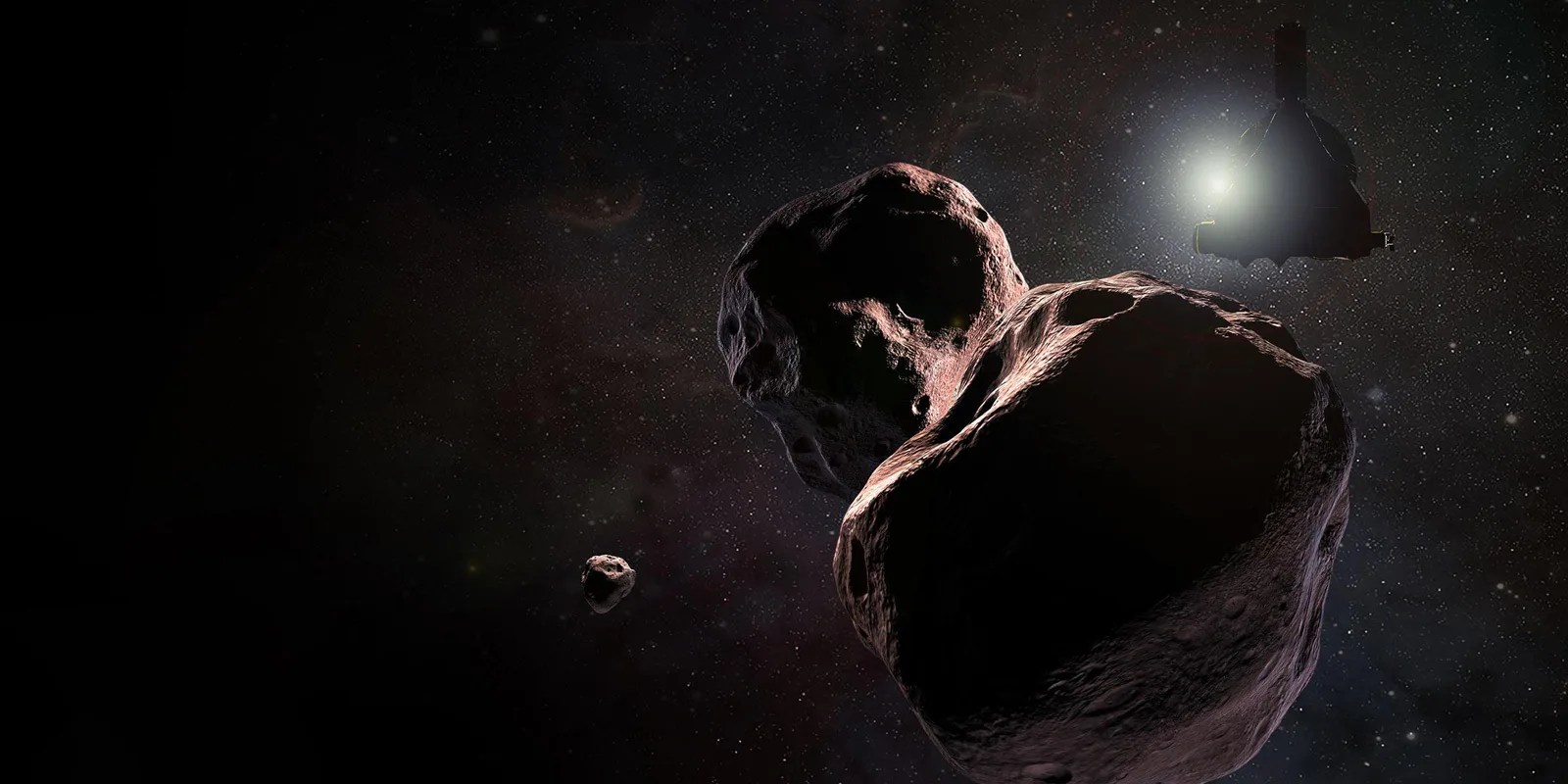2 min read
Cassini Significant Event Report
For Week Ending 04/07/00
The most recent spacecraft telemetry data was acquired from the Goldstone
tracking station on Wednesday, 04/05. The Cassini spacecraft is in an
excellent state of health and is operating normally. On board activities
included transition back to Reaction Wheel Mode to continue obtaining
performance statistics and a clearing of the high water marks. The speed of the spacecraft can be viewed on the "Where is Cassini Now?" web page.
Sequence development continues per schedule. The preliminary Sequence
Integration and Validation meeting was held for C19. The Cassini Mission
Planning Team started the redesign of sequence C21 to insert a three-week
checkout period for new CDS flight software Version 7.
Mission Planning began its support of the Saturn Orbit Insertion Critical
Sequence development effort spearheaded by the Spacecraft Office.
A Project Briefing was held this week on the contents of the Phase E
portion of the Jupiter Subphase covering Jupiter closest approach to
closest approach +15 days. The Program Manager approved the plan with
constraints relating to sequence load size and the timing of product
deliveries. In addition, the Science Planning Virtual Team began
implementation activities for the C23 sequence. This sequence includes the
Science Phase B, C, D, and E portions of the Jupiter Subphase.
Cassini Outreach met with various educational organizations throughout New
Mexico on possible material collaboration, event coordination support, and
general sessions. Presentations and collaborative talks were held at the
Robert Goddard Planetarium in Roswell, the New Mexico Space Grant
Consortium in Las Cruces, the Space Center in Alamogordo, and the
elementary science curriculum specialist for Santa Fe city schools.
Final updates to the Saturn Educator Guide have been delivered to Graphics.
The guide is expected to be signed-off and delivered to a printer this week.
Mission Sequence Subsystem D7.1 was delivered to operations.
Additional information about Cassini-Huygens is online at http://saturn.jpl.nasa.gov.
Cassini will begin orbiting Saturn on July 1, 2004, and release its piggybacked Huygens probe about six months later for descent through the thick atmosphere of the moon Titan. Cassini-Huygens is a cooperative mission of NASA, the European Space Agency and the Italian Space Agency. JPL, a division of the California Institute of Technology in Pasadena, manages the mission for NASA's Office of Space Science, Washington, D.C.
Media Relations Office
Jet Propulsion Laboratory
California Institute of
Technology
National Aeronautics and Space
Administration
Pasadena, Calif. 91109.
Telephone (818) 354-5011

